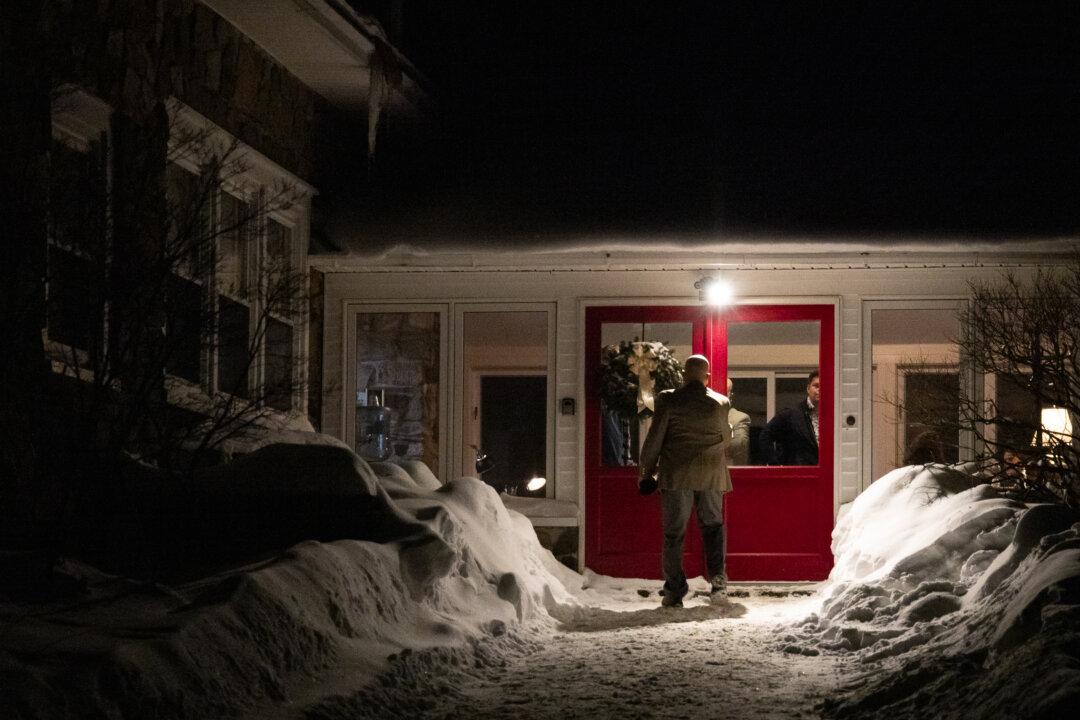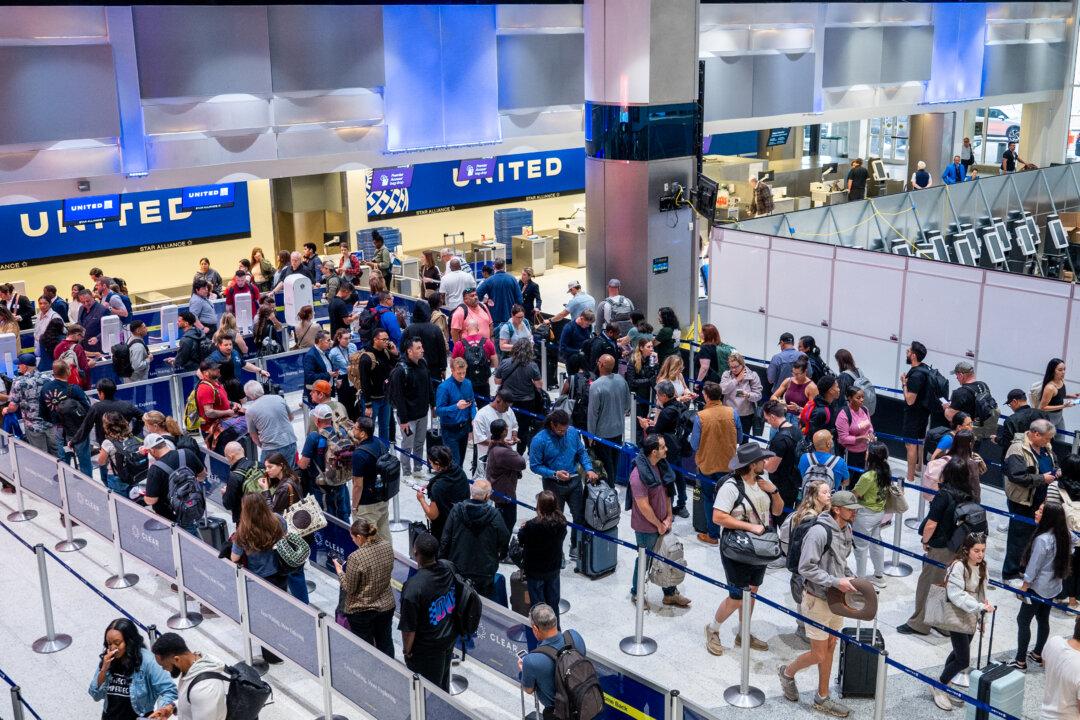New Hampshire residents will cast the first votes in the national primary process Tuesday. However, given the unique situation of a former president seeking a non-consecutive second term in office, the race may effectively be decided by the Jan. 23 vote.
Former President Donald Trump is looking to be the first man since President Grover Cleveland to serve two non-consecutive terms as the commander-in-chief. His massive popularity and quasi-incumbency are heavily influencing the primary contests.





